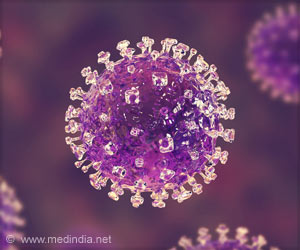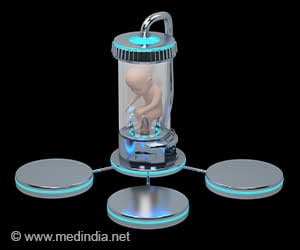
"We had anticipated risk of serious toxicity to be around 10 percent, so we were surprised, and concerned, to find the actual risk is significantly higher," says the study''s senior investigator, radiation oncologist Yaacov Richard Lawrence, M.R.C.P., assistant professor at Thomas Jefferson University. "Although high, the risk is very similar to that patients encounter when they enter phase I trials that do not involve radiation."
The findings are important because they can be used to provide a truer sense of risk to patients who enroll in these clinical trials, he says. "Before entering a trial patients sign an informed consent that explains benefits and risks, so it is important for us and for our patients to have a truer picture of these risks."
They also suggest that designs and reporting of phase I radiation oncology clinical trials should be more consistent, says Dr. Lawrence. "The nature of these trials is that it is much easier to quantify risk than potential benefits."
The findings are being presented at ASTRO by co-author Robert Den, M.D., a resident within the radiation oncology department. Much of the work was performed by Charles Glass, a fourth year medical student.
The research team examined phase I and phase I/II clinical trials published between 2001 and 2009 that included radiation therapy. Many of these trials involved combining radiation with cytotoxic agents (such as chemotherapy) or with biologic drugs. Most of the trials (59 percent) were performed in the U.S., 66 percent were multinational, 17 percent were conducted by a cooperative research group, 68 percent were phase I and 32 percent were phase I/II. The majority of the trials (71) involved dose escalating the chemotherapeutic or biologic agent delivered with radiotherapy; 21 trials tested dose escalation of radiotherapy alone, two trials escalated both radiotherapy and/or a chemotherapeutic agent, and eight trials involved radiotherapy that was not dose escalated.
Advertisement
In all, 4,553 patients were enrolled in these studies. After a median follow-up of more than two years, there were a total of 39 treatment-related deaths, and 1,881 major acute toxicities (defined as grade 3 or worse).
Advertisement
The majority of side effects were seen in studies that tested use of a combination of chemotherapy and radiation at the same time, Dr. Lawrence says. "We may not see as much toxicity from this point on, because most clinical trials today are looking at newer less toxic medicines," he says.
There was no external funding for this study.
Source-Newswise












